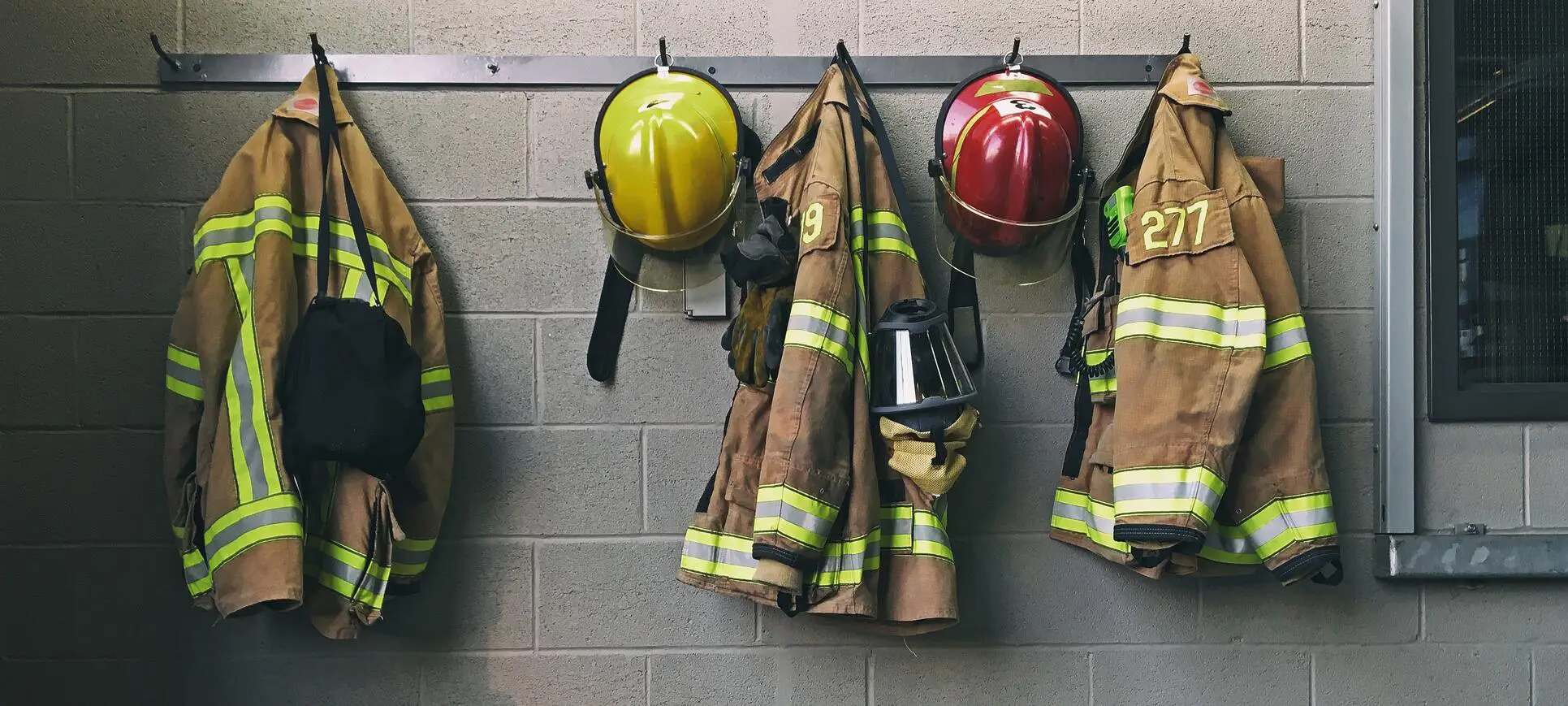-
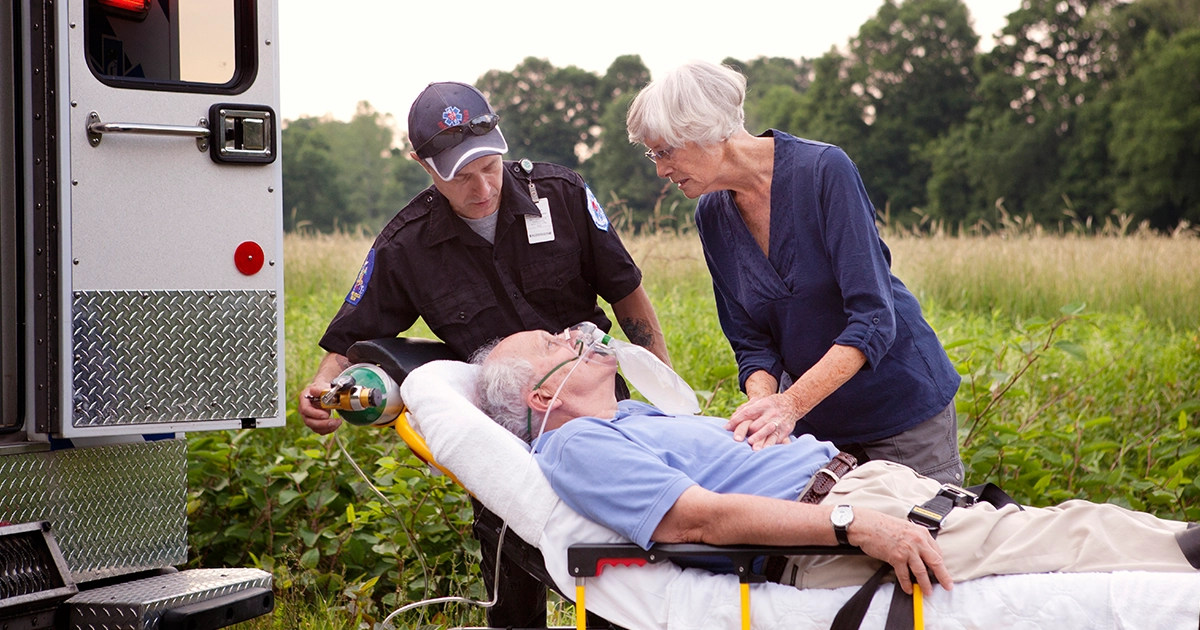
What EMS Can Do Differently When Caring for Older Adult Patients
Older adults have unique health challenges that can affect emergency care outcomes. Here's what EMS needs to know to provide the best care to these patients. -

Five Important Facts About NREMT Certification
As your NREMT exam day looms closer, understand the complicated regulations surrounding your certification as an EMT or Paramedic. Here are five facts about certification. -
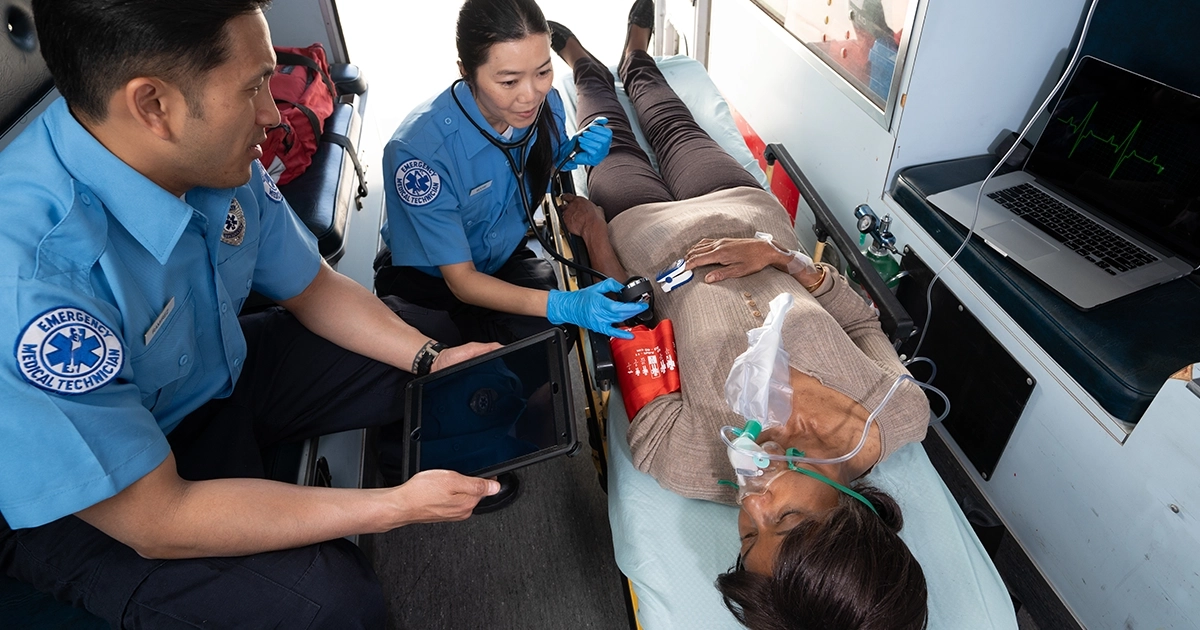
What EMS Should Know about Postpartum Risks and Women’s Health
Each year, there are hundreds of preventable pregnancy-related deaths in the United States. What can EMS do to better identify and treat postpartum patients during emergency calls? -
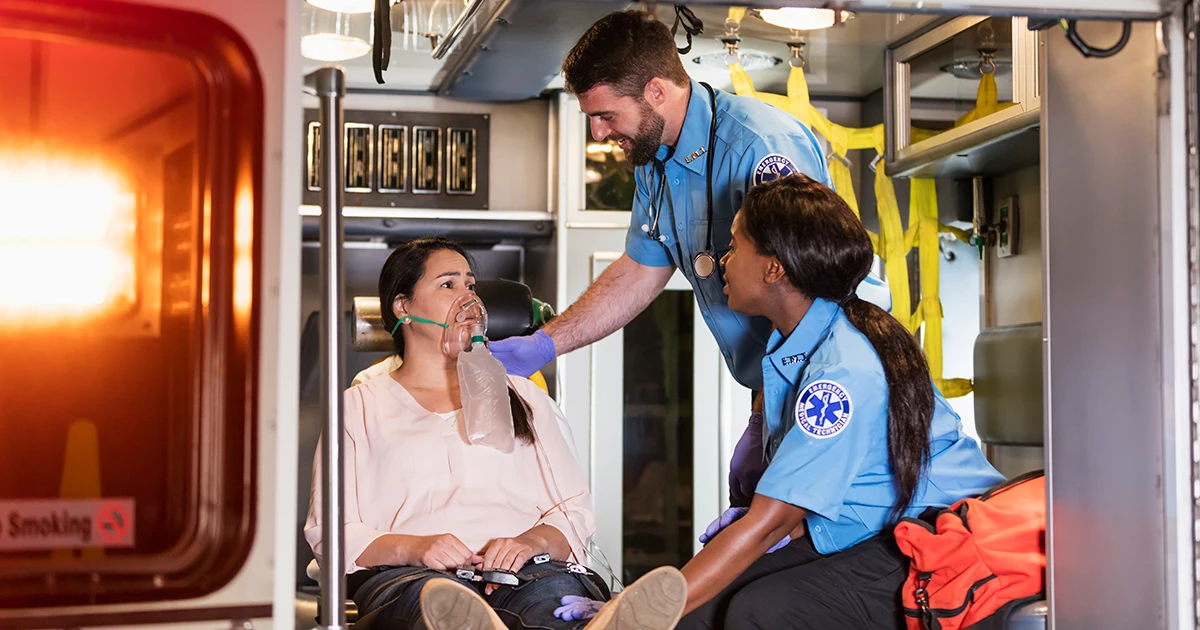
Why Getting a Patient's Perspective Is Essential for EMS Care Today
Are you engaging effectively with your patients? Bob Elling shares insights from his own experience as a patient, and offers tips for first responders. -

Why It’s Never Too Early to Get Your EMS Students Prepared for Winter Storms
Winter storms and blizzards can bring unique challenges to a community. It's easy for EMS to be caught off guard. Read on to learn how to begin to prep your staff for the upcoming winter season. -

EMS Issues in Rural Areas
What defines a rural location? Bob Elling, MPA, discusses lessons he's learned in delivering EMS services to rural communities, and the unique challenges these areas face. -
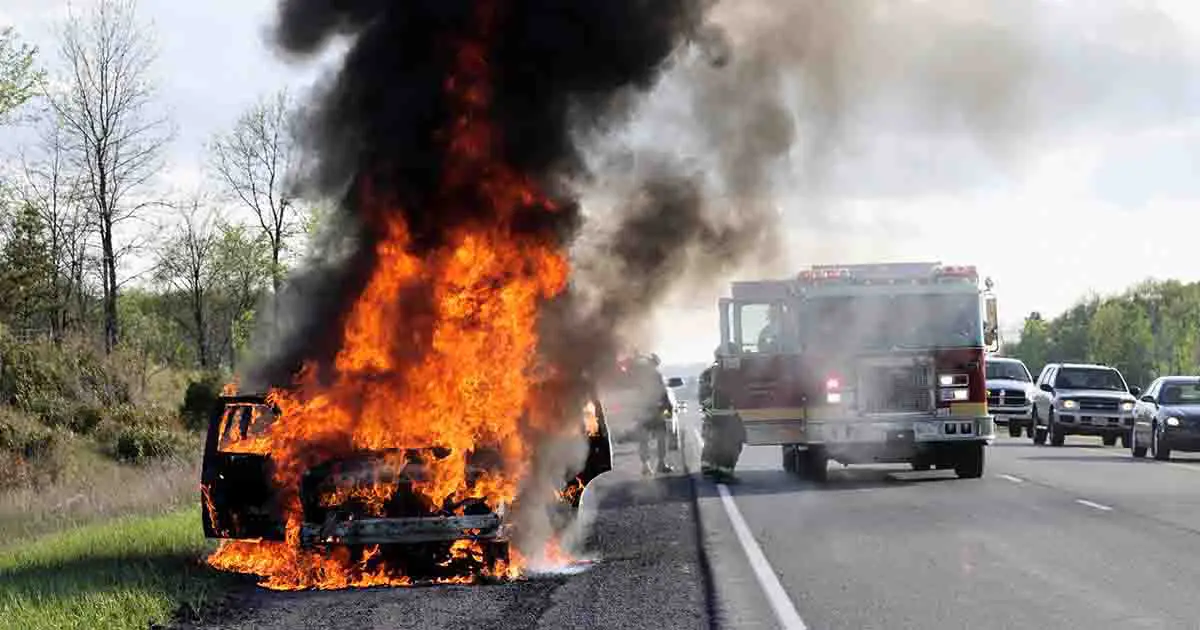
How Today’s Firefighters Are Battling Lithium-Ion Battery Fires
The unique dangers presented by lithium-ion battery fires require firefighters to adapt their established methods. Learn how one department has changed their techniques to battle these fires. -
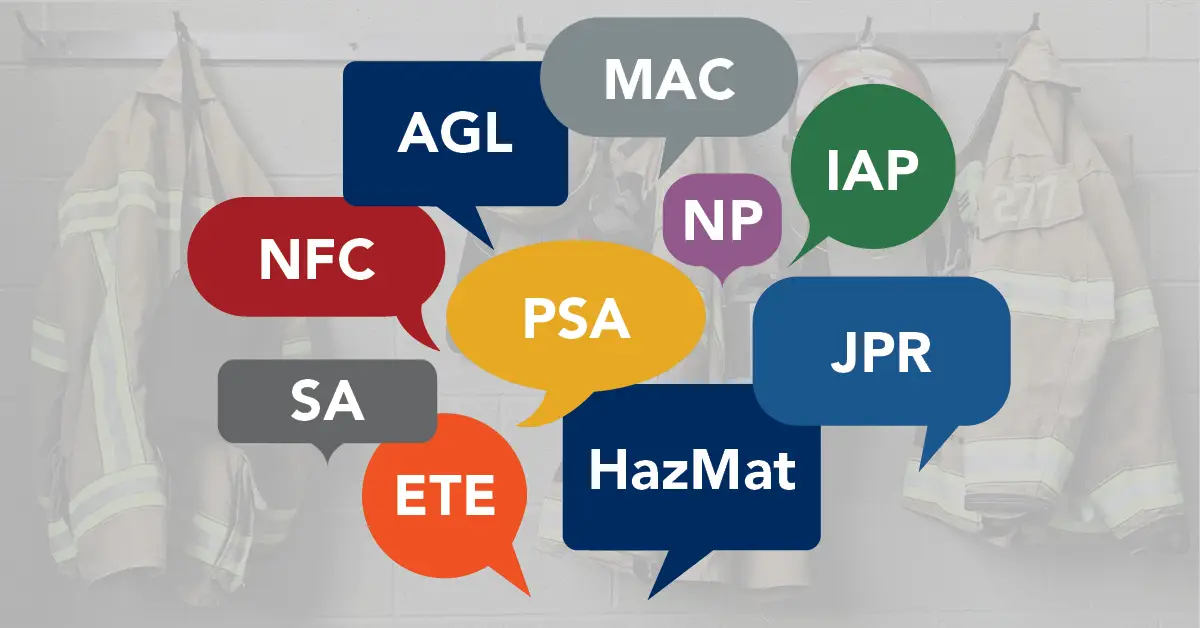
100+ Common Fire Service Acronyms to Help Your Students in the Field
As seasoned fire service professionals know, there are many acronyms and abbreviations used in all aspects of a fire career. To help your students in the field, we have put together a list of 100+ fire service acronyms that can be referenced as they begin to navigate the complex terminology used in the fire service. -
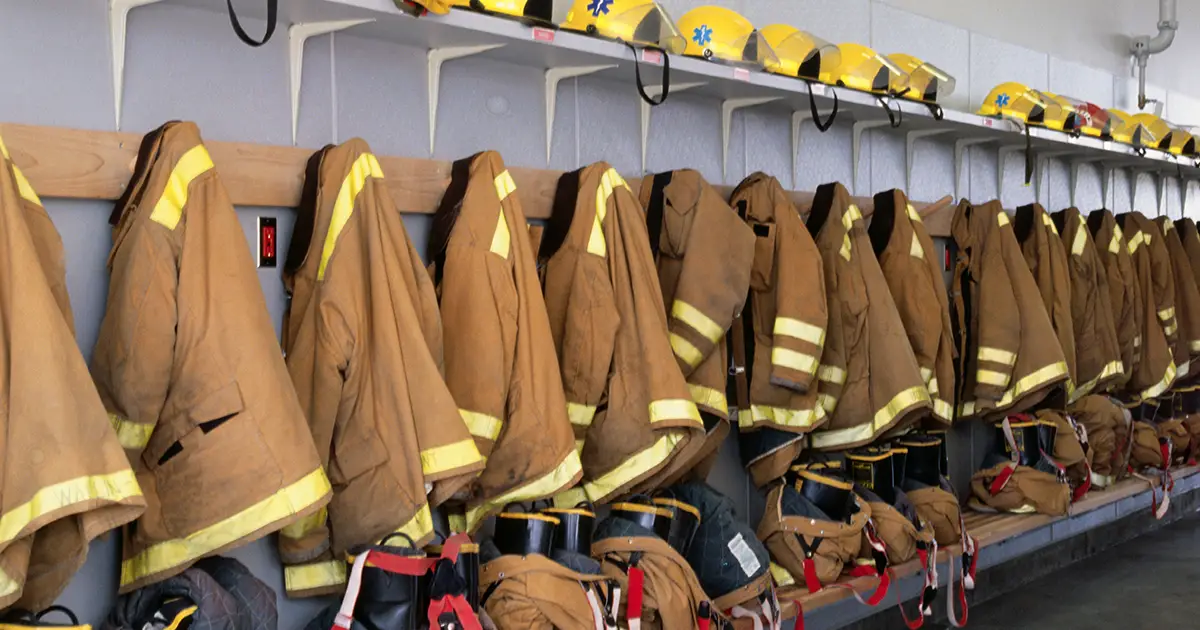
Why Successful Fire Leaders Use Crew Resource Management
Crew resource management enhances decision making and communication among crews. How can leaders overcome obstacles and successfully implement CRM in the fire service? -

Urban Hospital Wait Time and Wall Time
Long hospital wait times are a problem around the country. Bob Elling discusses the need for improved efficiency and collaboration between EMS and ERs to address these challenges.
-
Customer Spotlight Q&A: Jason Marquez, EMT-P President and CEO, First Response Training Group Orlando, Florida
Jason Marquez, EMT-P, President and CEO, First Response Training Group Orlando, Florida, talks about his experience using the Emergency Care and Transportation of the Sick and Injured, Twelfth Edition and Nancy Caroline’s Emergency Care in the Streets, Ninth Edition.Full story
-
ECSI Tutorial Series (3): How to Create and Submit a Course Roster
Hey there, ECSI Education Center coordinators and instructors! Do you know how to issue your course completion cards? Let's find out!Full story
-
Fisdap Instructor Tutorial: How do I view which preceptors have completed the training?
To see a list of who's completed the training, go to the orange Reports tab and click on the Accreditation link.Full story
-
Medical Director Discusses the Importance of Evidence-Based Content for EMS Recertification
Evidence-based medicine uses the scientific method to organize and apply current data to improve health care decisions. Despite its ubiquitous usage in health care, it is relatively new to prehospital care. Is it time for a change?Full story
